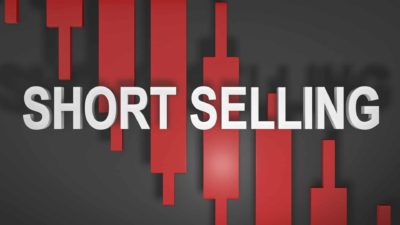The S&P/ASX 200 Index (ASX: XJO) is enjoying a strong start to the week.
As we head into the lunch hour, the benchmark index is up 0.59%.
The ASX 200 will be worth watching tomorrow at 2.30pm AEDT. That's when the Reserve Bank of Australia (RBA) announces its next interest rate decision.
As you're likely aware, last month saw the central bank increase the official cash rate by another 0.25%, lifting it to 3.35%. That marked the ninth consecutive month of rate hikes in the RBA's ongoing struggle to bring soaring inflation back within its target range.
The ASX 200 tumbled 0.6% in the minutes following last month's rate hike announcement.
So, what can investors expect tomorrow?
What can ASX 200 investors expect from the RBA tomorrow?
Following February's rate hike announcement, RBA governor Philip Lowe said:
The board expects that further increases in interest rates will be needed over the months ahead to ensure that inflation returns to target and that this period of high inflation is only temporary.
Indeed, polled economists almost unanimously say ASX 200 investors should be prepared to see the RBA follow through with yet another 0.25% interest rate boost. That would bring the official cash rate to 3.60%, up from the historic low of 0.10% last May.
"The RBA's tightening bias is likely to remain in place until its next quarterly forecast review, in May," Bloomberg economist James McIntyre said. "By then, we expect the data to show enough signs the economy is slowing to persuade the central bank that rates have gone high enough."
The 0.25% increase is a number supported by 27 of the 28 economists in a recent Reuters poll.
That includes Catherine Birch, senior economist at ANZ.
"The RBA does seem more concerned about inflation. The fact demand is a key driver and not just the supply side, we think they have got more work to do to ensure inflation comes back to target," she said.
Just how high should ASX 200 investors expect the official cash rate to go?
According to Moody's Analytics economist Harry Murphy Cruise, likely no higher than 3.85%. But there are no guarantees.
"If global inflation resurges or domestic supply chains are disrupted by weather events, we may need to see interest rates move even higher to quell prices," he said.
"Our baseline suggests interest rates won't need to exceed 3.85% to bring down inflation. That said, several factors could knock Australia off this path," Murphy Cruise added.









